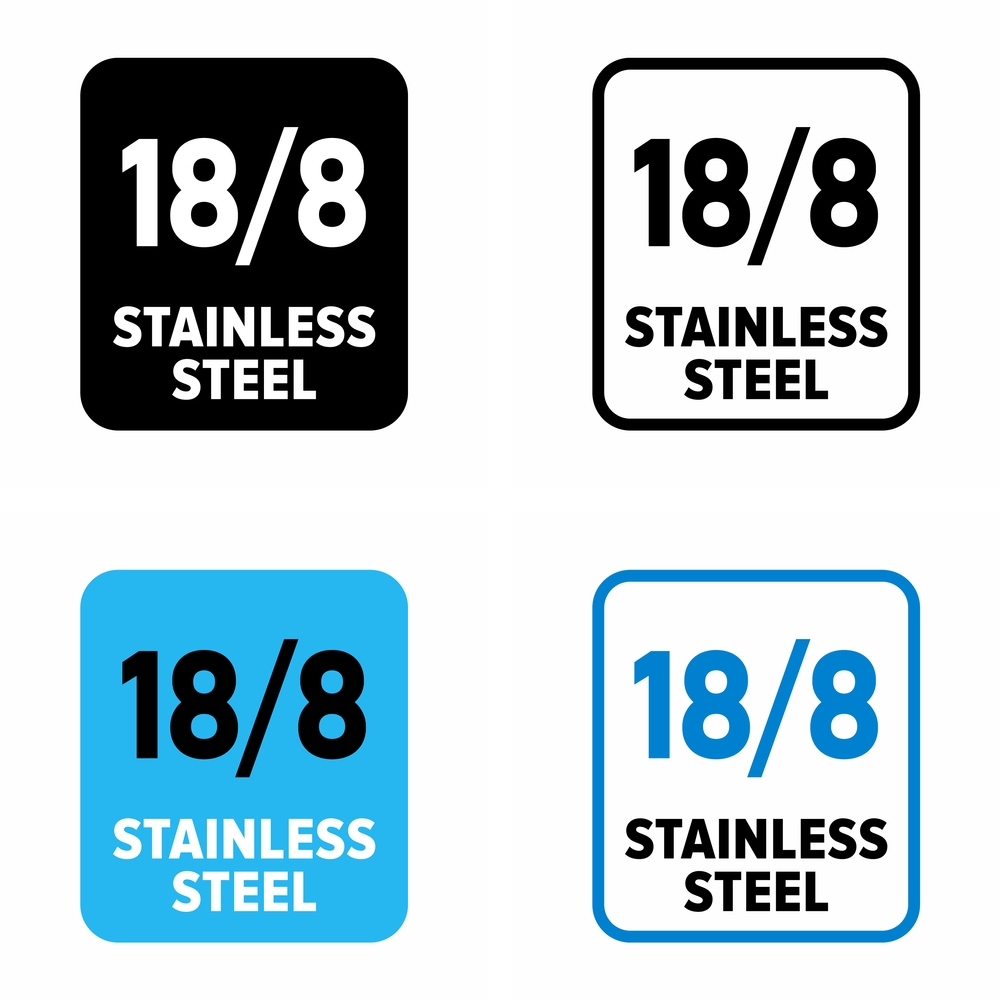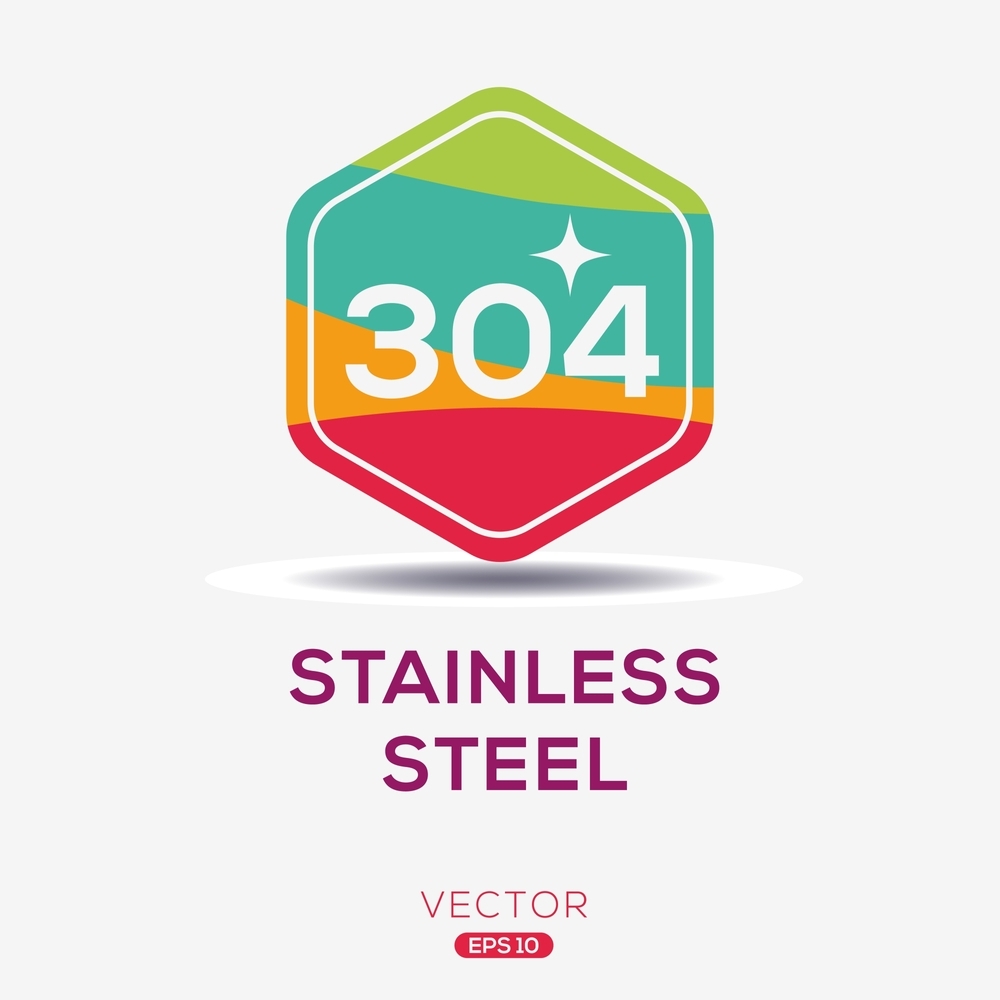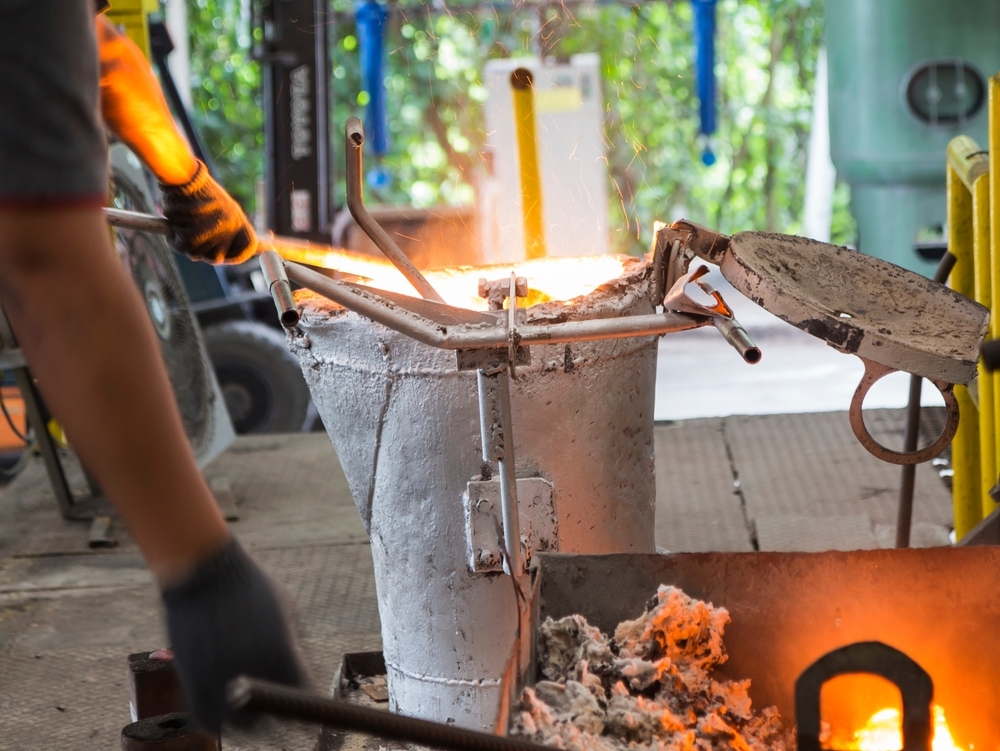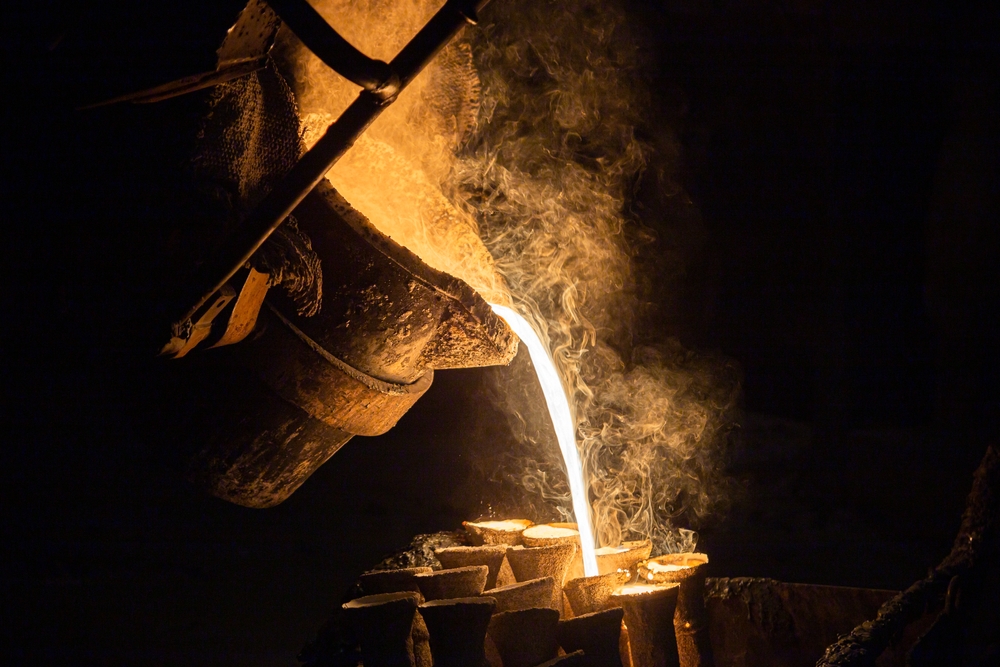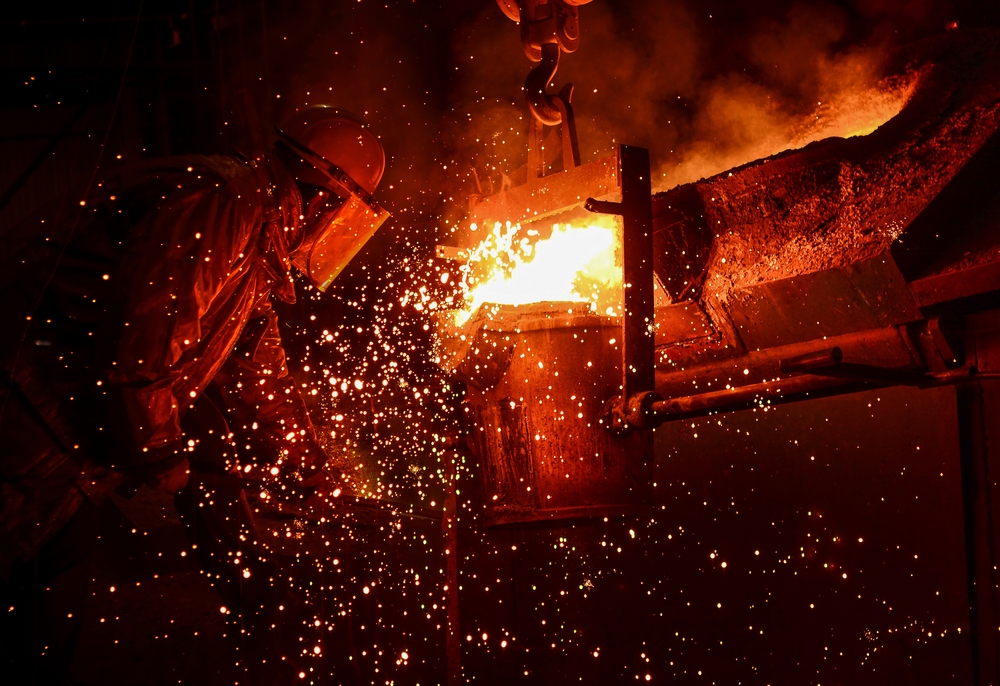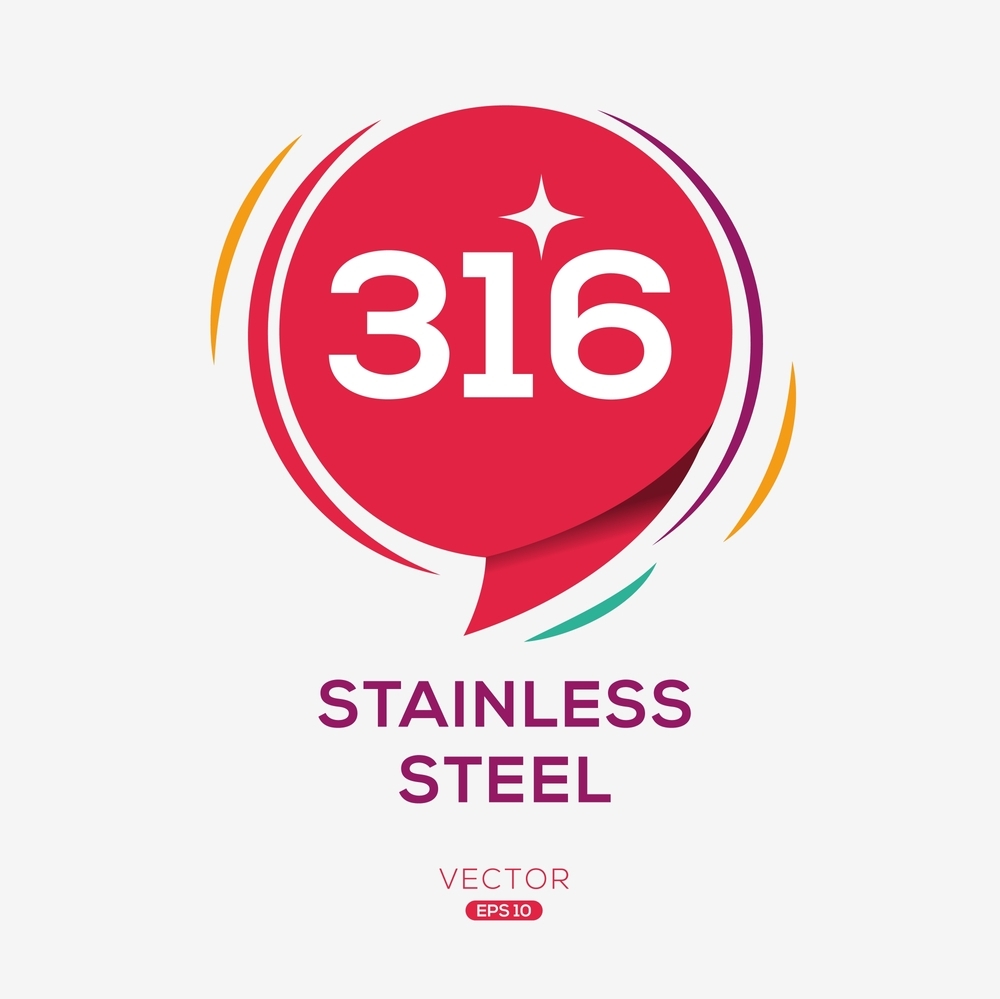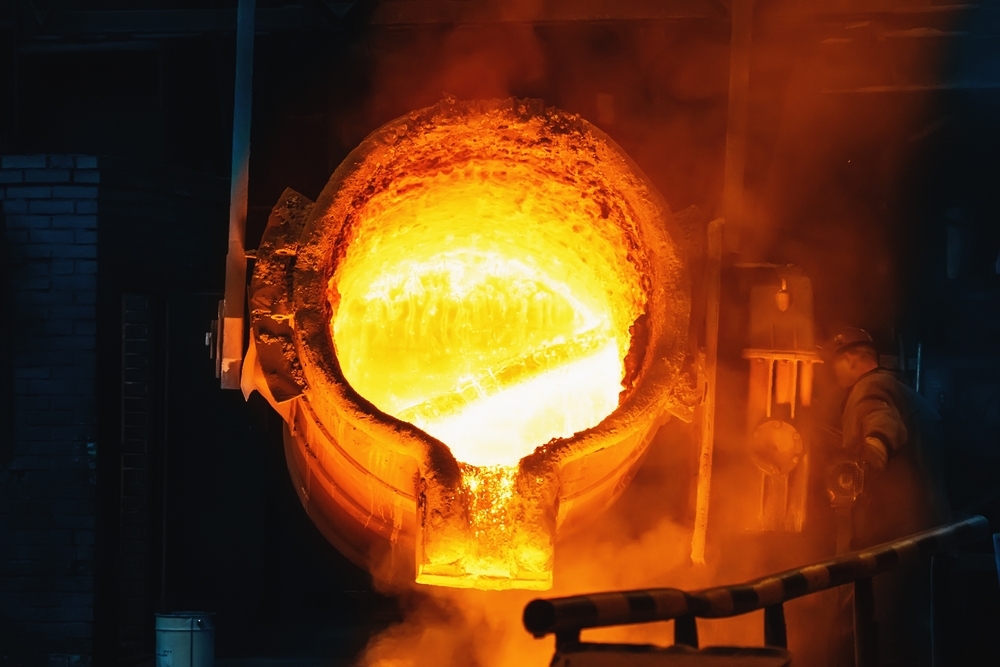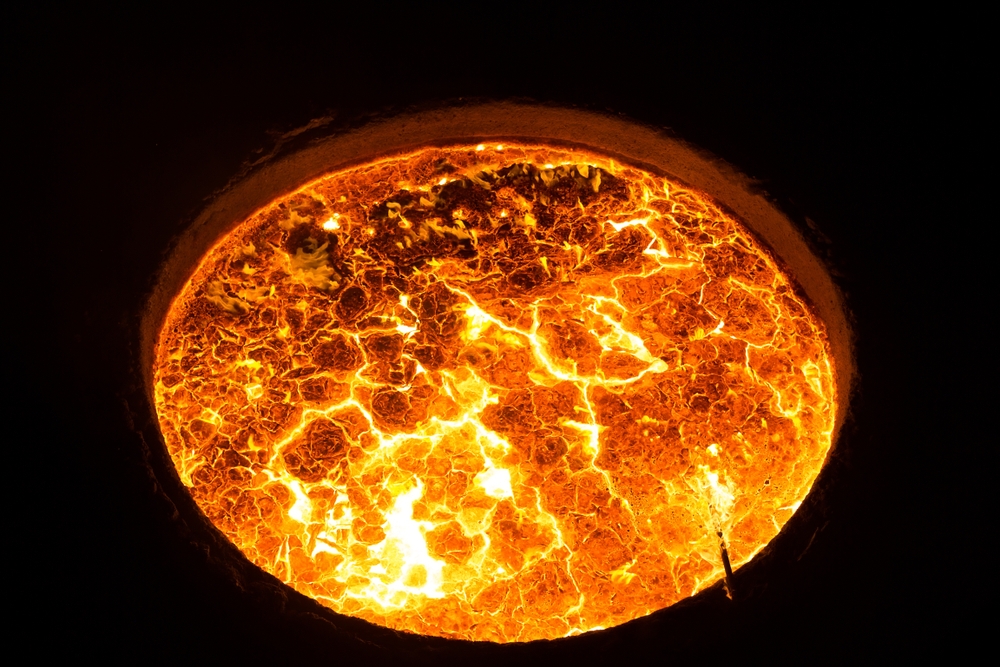We offer a range of precision components using various investment casting materials as one of the suppliers of investment casting products in Turkey. Investment casting is a complicated procedure. We must take into account the purposes of the finished goods, cost-effective materials, precision casting flaws, and limiting the secondary operations after the casting. Final components can have precise dimensions, smooth surfaces, and can have thin walls or other advantageous features. The choice of material has a significant impact on whether the qualities of the casting part can be successfully incorporated.
Investment Casting Materials:
When choosing the material for investment casing, there is a wide range of alloys to choose. These consist of:
Stainless Steels: Comparing stainless steel to many other materials, it has a higher durability. The material’s promise has encouraged designers and engineers to use it more frequently in investment casting. Applications for stainless steel include various gears, camp equipment, golf club heads, and gearbox components for automobiles.,
Carbon Steels: A typical low-cost material, carbon steel is available in a number of grades, with the classifications altering depending on the quantity of carbon present. Through heat treatment, carbon steel’s performance, ductility, and strength can all be enhanced in industrial settings. Because of its ferromagnetic qualities, carbon steel is a good material for motors and electrical equipment. One of the most widely used alloys in the world due to its safety, toughness, and great structural integrity.
Low Alloy Steels :Due to their accessibility and advantageous mechanical characteristics, low alloy steels are among the most widely utilized steels in the mechanical industry. It is feasible to design parts that have varying qualities in various locations of the same workpiece using specialized heat-treating methods. One surface can be made tough and impact-resistant by applying differing heat treatments, whereas a different surface can become wear-resistant.
Aluminum Alloys: The most common substance used in investment casting is aluminum alloy. The most common sectors that use it are aircraft, avionics, electronics, and military. Thanks to the material’s increased strength and the availability of high-quality castings made from aluminum-silicon-magnesium alloy, castings are now available for demanding applications like airplane components.
Super Alloys: Super alloys based on nickel and cobalt are frequently used in the maritime, aerospace, energy, medical, and chemical sectors. Cobalt-based alloys outperform their nickel-based counterparts in terms of corrosion, oxidation, and wear resistance while nickel-based alloys are stronger at high temperatures. Because they offer high stiffness and improved service qualities while still being a cost-effective solution, super alloys are replacing sheet metal more and more frequently.
Copper Alloys: Alloys based on copper have low rates of wear and are resistant to corrosion. They are widely utilized in applications including electrical and plumbing parts, ship or pump propellers, and electrical components. There are more than 400 distinct alloys, which are a versatile material with a wide range of qualities. Copper-based alloys can be used to investment cast a variety of part types. Bronze and brass are examples of copper-based alloys that are more widely used. The strongest copper alloy is beryllium-copper, which is similar to high-strength alloy steels in terms of characteristics but has greater corrosion resistance over longer periods of time.
Cast Iron: Gray iron and ductile iron are frequently used in castings, which are renowned for their great accuracy and low cost. High strength, heat resistance, and toughness are characteristics of ductile iron, although its manufacturing is more difficult than that of other steels. As a result, cast steel has a lower production cost.
